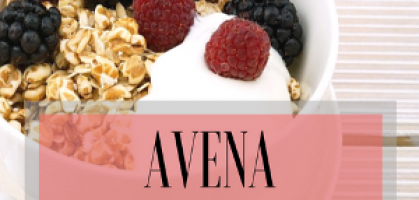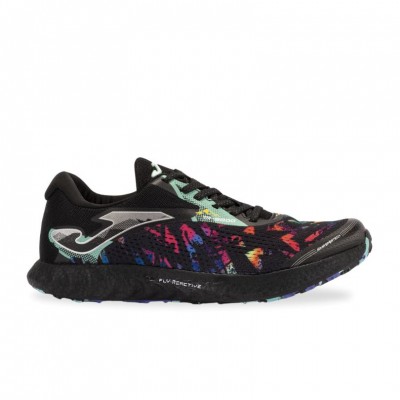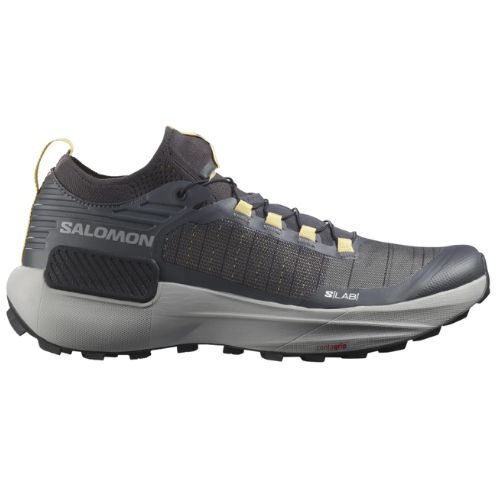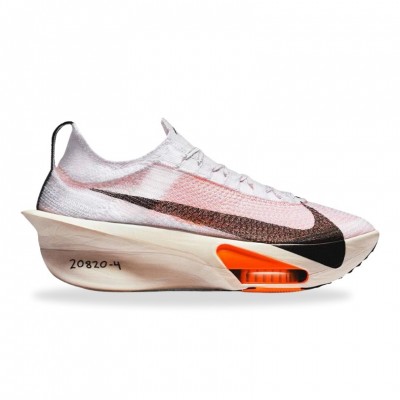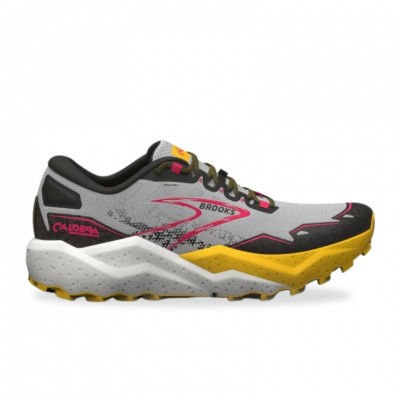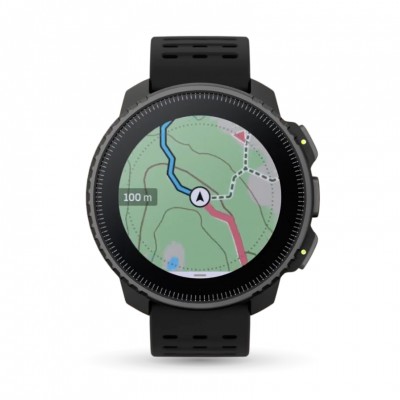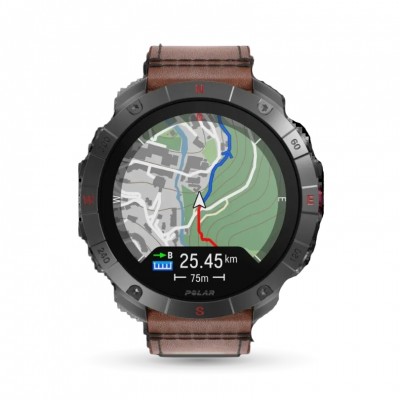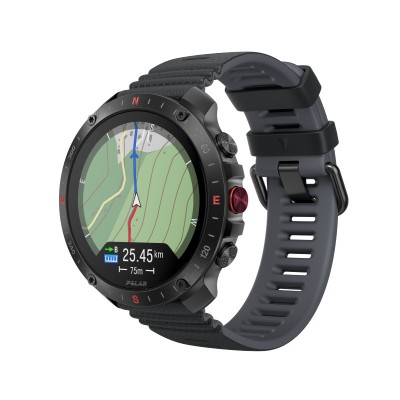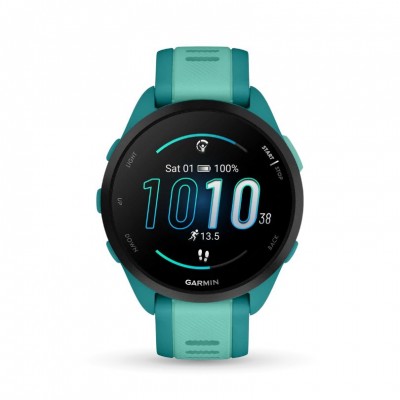You may have heard the phrase "nutrition is 60% and training 40% in achieving the goal" a thousand and one times. We know and are aware of the importance of proper nutrition for the sport we practice and therefore we have prepared a very special shopping list. It is composed of 10 foods or food groups that should not be missing in the fridge of a runner or triathlete.
You may be interested:
Bananas:
Surely you already knew this, but we are going to explain its importance. It is a fruit that can be eaten both before, during and after exercise and not only will bring us carbohydrates that will help us maintain our energy, but provide minerals and potassium. essential to avoid the dreaded cramps.
Potatoes:
In this case it is best to consume them before training and several 3 hours before exercise. Like the banana provides potassium and carbohydrates but also has fiber, selenium, magnesium and vitamins, which aupone a perfect source of fuel for our body. best eat it cooked.
Brown rice:
Carbohydrates should account for 55-65% of a middle to long distance runner's total calories. Brown rice is even better than pasta. It contains more fiber (necessary but not too much so as not to cause early satiety or gastrointestinal discomfort) which helps lower the glycemic valor. It is perfect to eat the night before competition or training.
Pineapple:
Another excellent source of potassium. A serving of 200 grams practically assures us to have recovered all the potassium lost after training. It is a good alternative to banana for those who find it indigestible. It is also depurative.
Natural Yogurt:
It also provides potassium and is also a source of calcium and good quality protein. It helps to maintain the intestinal flora in good condition. Remember to eat it without sugar in the morning and at night.
Raw nuts:
Nuts will provide us with proteins, essential fatty acids and fiber. The most recommended are raw nuts, although almonds or hazelnuts are also interesting. You can take them in small amounts throughout the day to satiate hunger.
Coffee or Tea:
Increases alertness, helps in short high intensity exercises, does not favor fat metabolism, induces savings in muscle glycogen, BEWARE DANGEROUS with heat for being diuretic. BEWARE! Do not exceed 8 mg/kg body as it is considered doping (For a person of 70 kg between 4 and 6 cups of coffee).
Royal Jelly:
We know, it's not good. It tastes acidic but did you know that it is composed of large amounts of free amino acids, vitamins (all types of vitamin B) as well as fats and minerals. Its main properties are:
- Stimulants
- Prevention of anemic states
- Helps to delay aging
- Enhances growth
- And it is revitalizing which will be very useful in states in which we are fatigued.
Green vegetables:
They are one of the best foods for our heart folic acid and iron they contain are essential nutrients to improve blood circulation and prevent problems in the most important muscle in our body
Legumes:
Thanks to the fibers they contain and the numerous nutrients if consumed regularly have very beneficial effects against bad cholesterol.
Avocado
It is rich in monounsaturated fatty acids that reduce cholesterol levels. It also provides vitamin E which is an exceptional antioxidant that helps to keep free radicals under control. You can take it after training.
How should be the diet of middle and long distance runners
- Energetically balanced. For this, it is necessary to know the athlete's individual energy requirements and those specific to the sport (regulations, training plan, competition schedule). Each athlete will adjust the energy intake by increasing or decreasing the amounts ingested according to their individual needs, recommending, in general terms, the intake of 45-50 kcal/kg body weight/day for athletes who train for more than 75-90 min/day, and can reach 6000-7000 kcal/day when they have to perform hard training or competitions.
- Rich in complex carbohydrates.
- Adequate in essential fatty acids.
- Sufficient in total protein but rich in proteins of high biological valor.
- Sufficient in vitamins, minerals, water and fiber.
- Spread food consumption throughout the day so that meals are divided into 4-5 intakes.
- Leave a space of at least 2 hours between the last meal and the training or competition to allow time for digestion.
- Increase the consumption of bread or tuber rations if necessary, to maintain body weight or for glycogen storage two or three days before the competition.
- If it is necessary to eat larger amounts of food, reduce consumption of high-fiber foods.
- Drink water throughout the day.
- Avoid fatty foods, fried foods and snacks.
- Avoid flatulent, unfamiliar, unhygienic or poorly tolerated foods.
- Avoid alcoholic beverages.
Source: IronCrowns.com, Gloria San Miguel, Nutrición Saludable frente a la obesidad (Editorial Panamericana).
Read more news about: Nutrition


